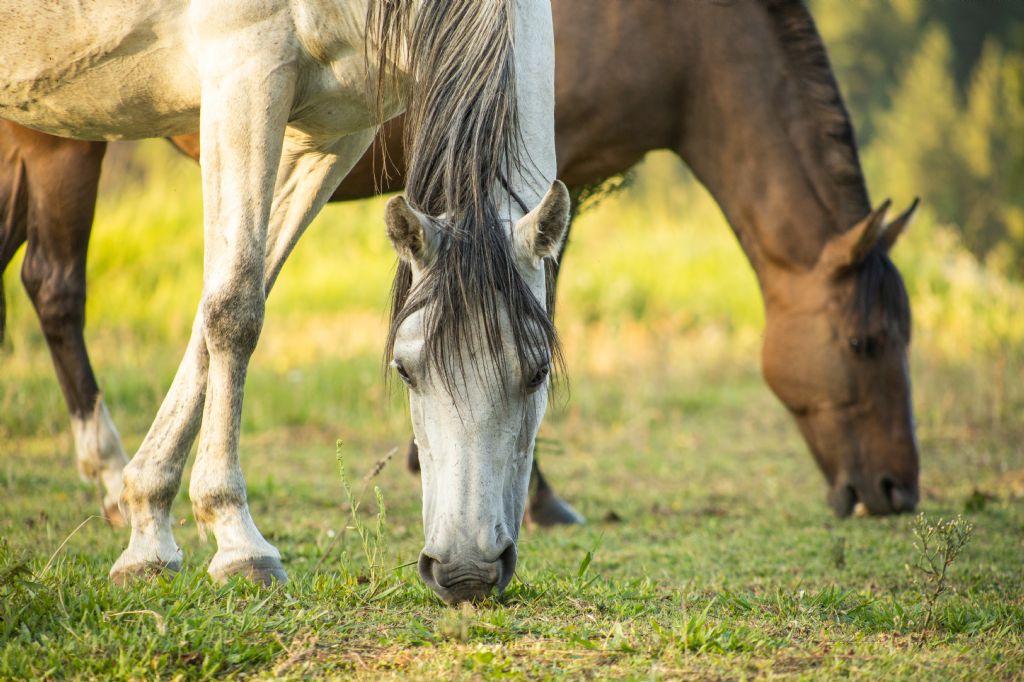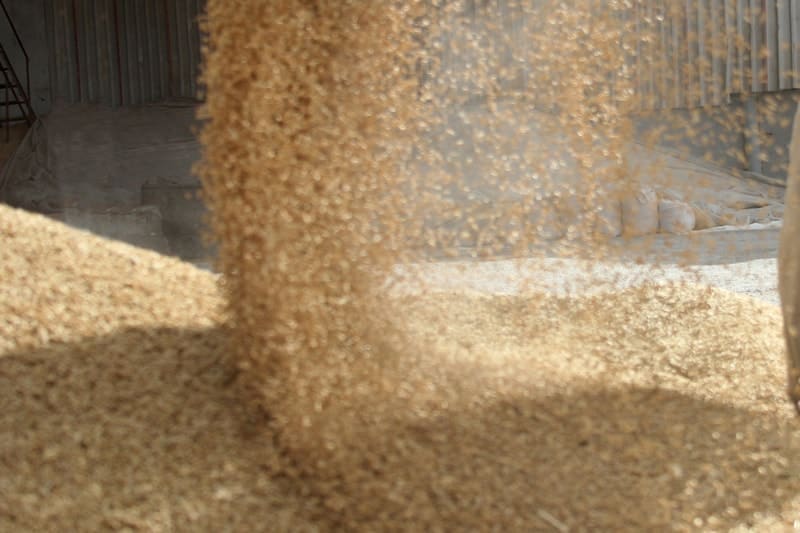Bluegrass News
Spring is in the air and as we start to turn our horses out to grass we need to consider some nutritional influences. It can be a difficult time of year for horses or ponies at risk of developing laminitis, suffering from PPID or struggling with obesity. Bluegrass Horse Feed have highlighted their top ten tips for spring grazing.
1) Gradual Introduction – As with any changes to your horses’ diet, they should be introduced to grass gradually. Sudden changes to their diet can lead to gut microbiome imbalances, which can reduce the efficiency of digestion and nutrient utilisation. You can do this by slowly introducing your horse to grass over seven to ten days, increasing their access and length of time spent grazing.
2) Time of Day – Water soluble carbohydrates (WSC) are highest from early morning to late afternoon. Horses and ponies on a restricted WSC diets would be more suited to be turned out in the evening and taken in the early morning.
3) Beware of the Frost – Early frosty mornings pose a high risk for horses at risk of laminitis due to the high WSC content.
4) Restricted Time at Grass – Recent studies have shown that turn out for short periods of time can be counterproductive consuming 40% of their daily intake in three hours. *
5) Behavioural Changes – “Spring is in the air” is something we often hear around this time and often find a change in energy in our horses. Moving from a lower energy forage source such as hay or haylage to high sugar fresh grass can cause some behaviour changes.
6) Provide a Balanced Diet – It is important to provide a balanced diet even for horses and ponies on restricted diets. By providing a fortified feed or low calorie balancer such as Stamm 30, this will provide nutrients lacking in grass and other forages.
7) Reduce Calories – The higher sugar content of fresh spring grass may mean that your current diet needs altered. Consider reducing the calorie content of your feed such as changing from Bluegrass Cool N Condition Cubes to Competition Cubes or Re-Lite Cubes.
8) Regular Body Condition Score – To help monitor your horses weight over spring, regular body condition scoring can be a helpful tool. Contact Bluegrass Horse Feed for your free copy of their nine-point scale.
9) Parasite Risk – Parasitic infections are at a higher risk during grazing months, regular worm egg counts are recommended and don’t forget about weekly poo picking.
10) Clean Water – Check your horses water supply daily. Water bucket and drinkers should be cleaned twice a week.
For more information or advice, contact the Bluegrass Horse Feed nutritional helpline – (0)28 3754 8276 or info@bluegrasshorsefeed.com
*Comparison of three restricted grazing practices for equine bodyweight management during the UK grass growing season. In Proceedings of the 4th Global Equine Endocrine Symposium p64












